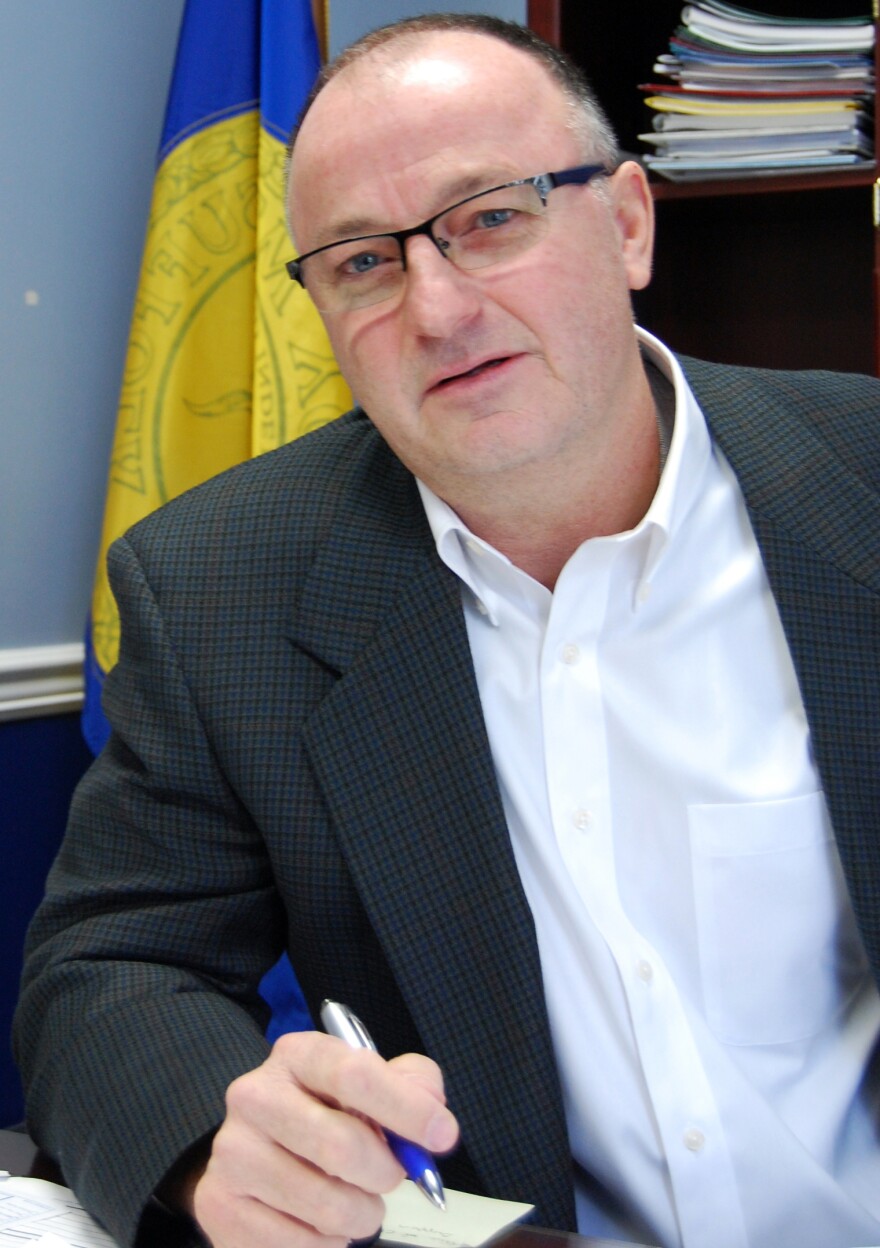The Suffolk County Police Department in New York, one of the largest and highest paid in the country, has been under federal scrutiny for years, and it got worse recently when its chief was arrested.
The Justice Department, under U.S. Attorney Robert Capers, arrested James Burke in December after he allegedly barged into the interrogation of a suspect, Christopher Loeb, in 2012. Burke "is to have alleged to have repeatedly slapped and punched Loeb about the face, head and body while Loeb was in custody and handcuffed," Capers said at a press conference after the arrest.
Prosecutors allege the ex-police chief had a large circle of "palace guards" that lied under oath for him, spied on FBI investigations and even planted a GPS device on a political rival.
"Gestapo. It's like something the KGB would do," says Robert Trotta, a retired Suffolk police detective turned local legislator. He calls the department "rotten" because political appointees like Burke control overtime and promotions.

On average, police here make $143,000 a year, nearly three times the national average.
"If you were on ... what he called his palace guard, those guys were making over $220,000 a year with essentially a blank check for overtime. So now what are you seeing? Certain people, if you act a certain way, you can make an extra $60,000 a year," Trotta says.
Trotta has proposed changes meant to professionalize the department and take out some of the politics. But those proposals were blocked by the local police union, which donated $700,000 to local elections last year.
"The money is staggering," he says. "The unions are unbelievably powerful on Long Island."
The police union downplays their influence in the political sphere and adds it is their First Amendment right to make campaign donations.
"Overtime has nothing to do with any of the decisions we make. I would prefer a department where there is no overtime, that the staffing is so high that we have adequate policing every single day," says Noel DiGerolamo, president of Suffolk's Police Benevolence Association.
Civil rights groups say what Suffolk County really needs is an outsider to come in to force reform within the department. Instead, elected officials picked Tim Sini, a political insider supported by the police union.
"It's nothing new. The department has always been very political," says Foster Maer, a lawyer with the civil rights group Latino Justice.
Maer says political influence was evident in the early 2000s, when previous elected officials took a hard line on immigrants in the country illegally. Maer says the anti-immigrant rhetoric filtered down to the cops "and so there were some reforms made. The Department of Justice got involved. Unfortunately, those reforms have improved the situation, but the problem continues."
Documents show Suffolk is still struggling to meet 25 pages of federally mandated reforms. Maer blames political appointees backed by the union.
Mark Moore, a professor of criminal justice at Harvard's Kennedy School of Government, says political appointees are not inherently bad but that most departments the size of Suffolk's establish search committees to pick police executives because community buy-in is critical.
"How do the people that are going to be policed feel about this person? Do they think they can trust him? Do they think they can bring issues to his attention and get a reasonable hearing and have them resolved?" he says.
Moore says one of the great developments in policing over the last few years is a national marketplace of police executives looking for jobs, which reduces local political influence.
Copyright 2016 WSHU


